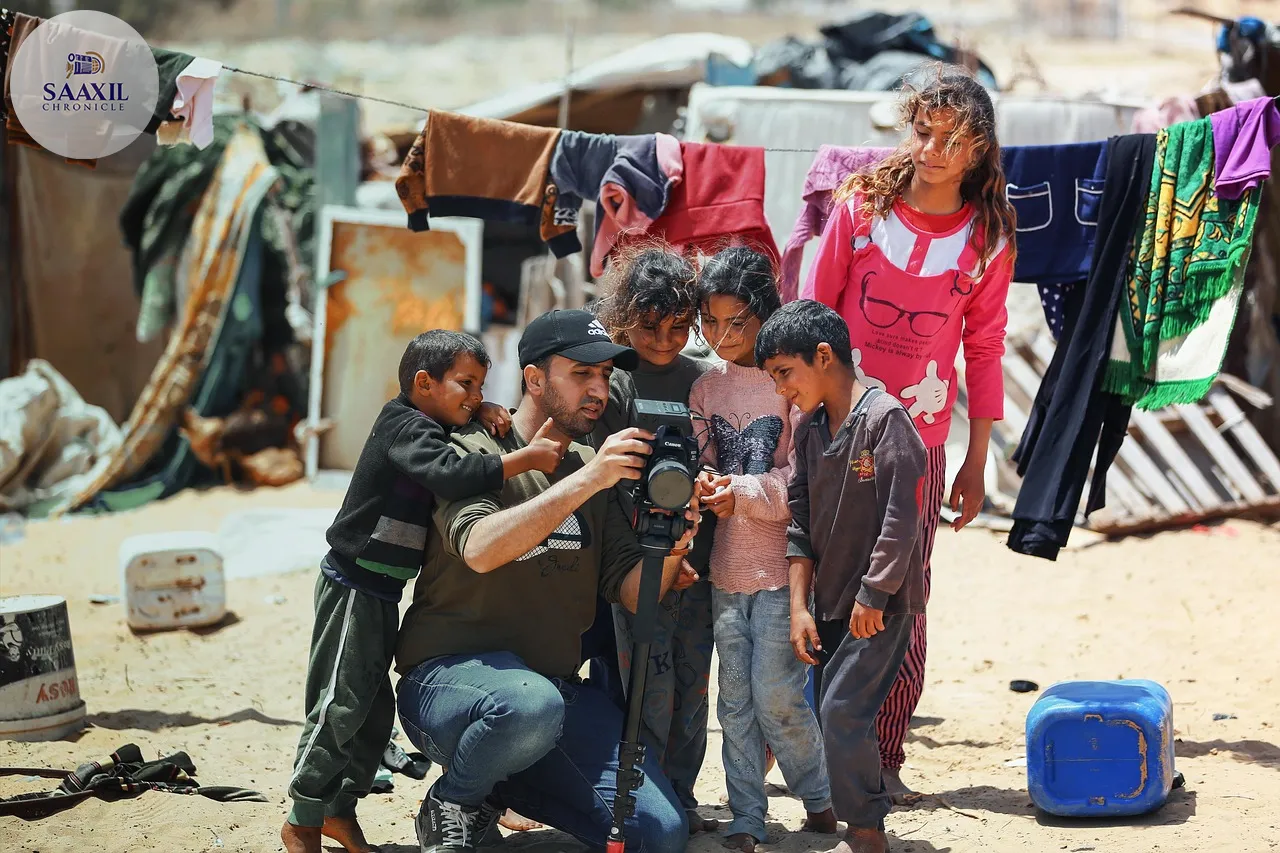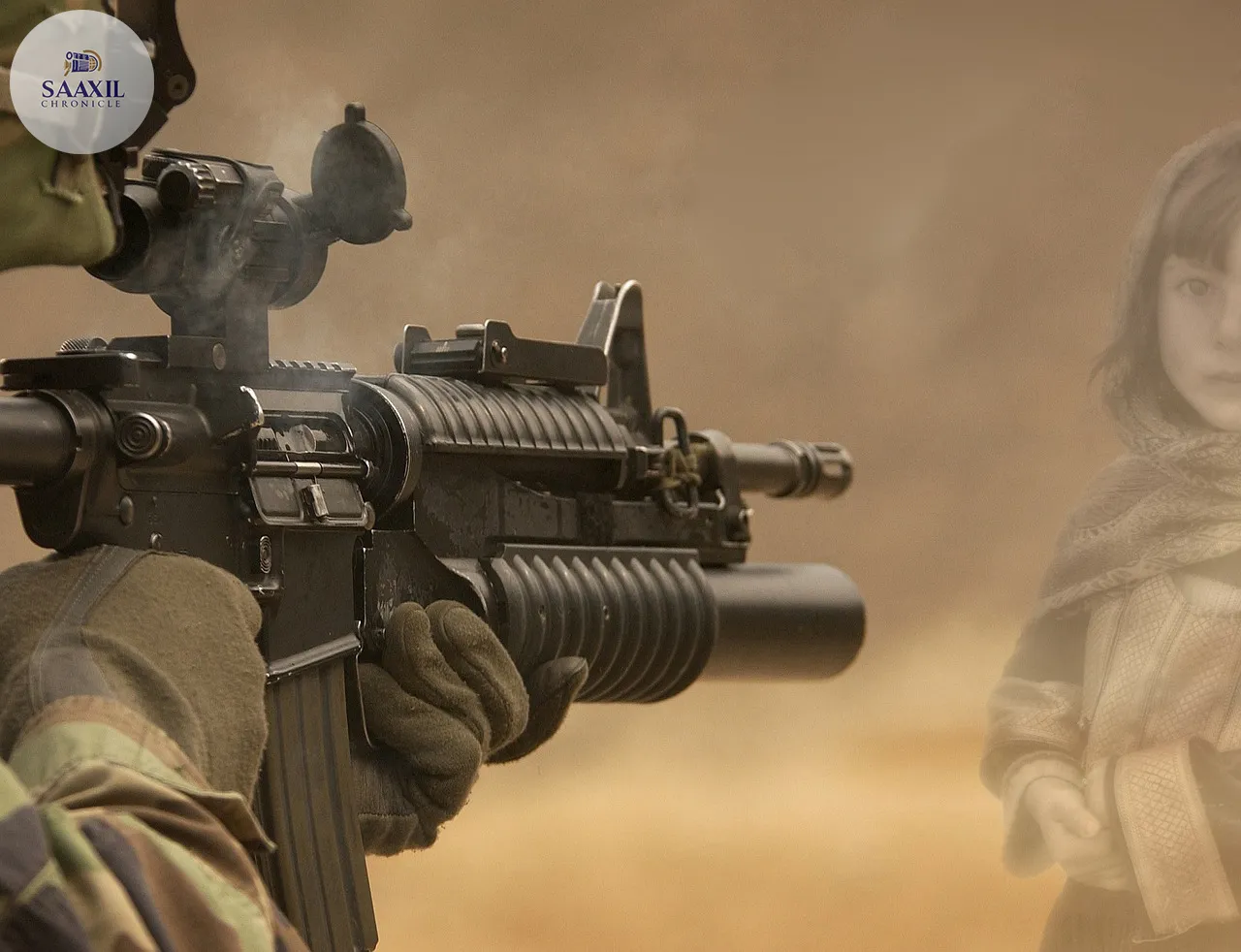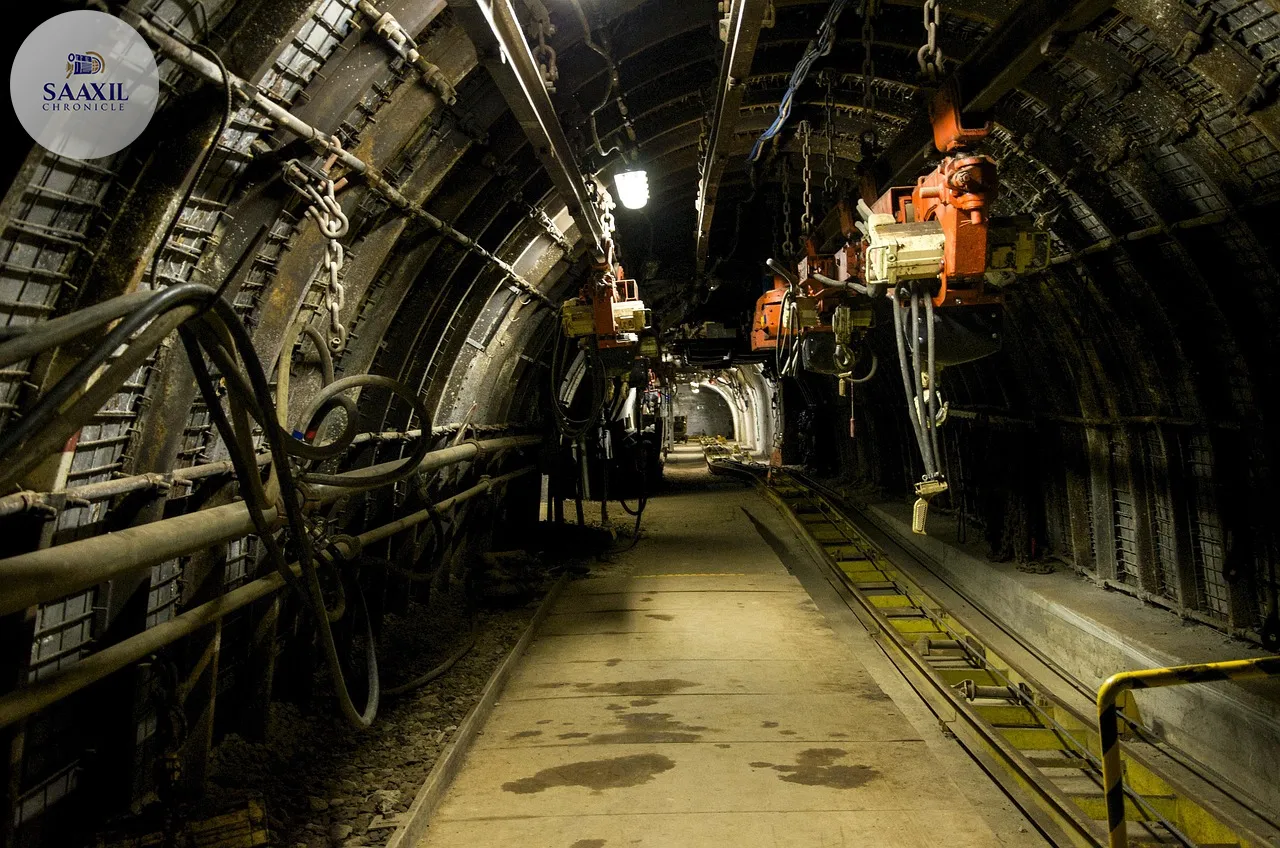Israel’s Defence Minister, Israel Katz, announced a significant expansion of military operations in Gaza, declaring intentions to seize substantial areas of the territory. This move, intended to eliminate terrorist threats and bolster Israel’s security zones, has stirred international concern and domestic controversy. Katz’s statement emphasised the urgency of combating Hamas, although critics argue it sidelines the rescue of hostages held by the militant group.
Escalation in Gaza: Key Developments
The announcement comes amidst ongoing airstrikes in Gaza, marking a significant escalation in the conflict. Katz’s statement early Wednesday highlighted the offensive’s aim to “crush and clean the area of terrorists and terrorist infrastructure.” This development has drawn criticism from the Hostages Families Forum, who expressed frustration over the perceived deprioritisation of efforts to rescue 59 hostages still held by Hamas.
The operation, dubbed “Strength and Sword,” underscores the Israeli government’s commitment to increasing military pressure on Hamas. While the objective is to secure hostages’ release, the expansion has been met with scepticism regarding its efficacy and humanitarian implications.

Timing and Location: A Strategic Move
The timing of this announcement is critical as it coincides with heightened tensions in the region. The offensive is concentrated in Gaza, a densely populated area already reeling from previous conflicts. The decision to expand military operations at this juncture reflects Israel’s strategic calculations, aiming to dismantle Hamas’s infrastructure and neutralise threats.
Located on the eastern coast of the Mediterranean Sea, Gaza has long been a focal point of Israeli-Palestinian tensions. The region’s geopolitical significance and humanitarian challenges make any military action highly consequential, drawing international scrutiny and concern.
Military Strategy and Objectives
Seizing Control: Security Zones Expansion
Israel’s strategy involves seizing large areas of Gaza to incorporate into its security zones. This approach aims to create buffer zones, reducing the risk of attacks on Israeli territory. Defence Minister Katz articulated this strategy as crucial for Israel’s long-term security, although it raises questions about the impact on Gaza’s civilian population.
The expansion of security zones is part of a broader Israeli military doctrine prioritising proactive measures against perceived threats. By extending its control, Israel seeks to curtail Hamas’s operational capabilities, albeit at the potential cost of exacerbating humanitarian conditions in Gaza.
Hostage Crisis: A Controversial Priority
The hostage situation remains a contentious issue, with families criticising the government’s approach. The Hostages Families Forum issued a statement condemning the perceived relegation of rescue efforts. They argue that the government’s focus on military expansion undermines diplomatic and humanitarian initiatives to secure hostages’ release.
Katz’s statement, however, emphasised the operation’s dual objectives: defeating Hamas and facilitating the hostages’ release. The tension between military strategy and humanitarian priorities illustrates the complexities of the conflict, with repercussions for both Israeli and Palestinian communities.
International Reactions and Humanitarian Concerns
Global Response: Calls for Restraint
International reactions to Israel’s announcement have been mixed, with several nations urging restraint and advocating for diplomatic solutions. The United Nations and various human rights organisations have expressed concern over potential civilian casualties and displacement resulting from the expanded military operations.
The international community’s focus remains on achieving a sustainable ceasefire and addressing the humanitarian crisis in Gaza. Calls for restraint highlight the delicate balance between military objectives and preserving human rights, a challenge that continues to shape global diplomatic efforts.
Humanitarian Impact: Civilian Lives at Risk
The escalation in Gaza exacerbates an already dire humanitarian situation. The region, suffering from shortages of essential supplies and infrastructure damage, faces further strain from increased military activities. Humanitarian organisations warn of the potential for a significant rise in civilian casualties and displacement.
Efforts to deliver aid and support to affected populations are hampered by security concerns and logistical challenges. The international community’s role in facilitating humanitarian relief is critical as the conflict intensifies, underscoring the need for coordinated and effective responses.
Looking Ahead: Implications and Prospects
The expansion of Israel’s military operations in Gaza signifies a pivotal moment in the protracted conflict. While the Israeli government emphasises security and counterterrorism objectives, the move raises significant humanitarian and diplomatic challenges. The hostage crisis remains a focal point, with families and advocates calling for renewed efforts to secure their release.
As the situation evolves, the international community’s engagement and response will be crucial in shaping the conflict’s trajectory. The balance between military action and humanitarian considerations will determine the region’s future, highlighting the need for comprehensive strategies that address both security and human rights imperatives.





